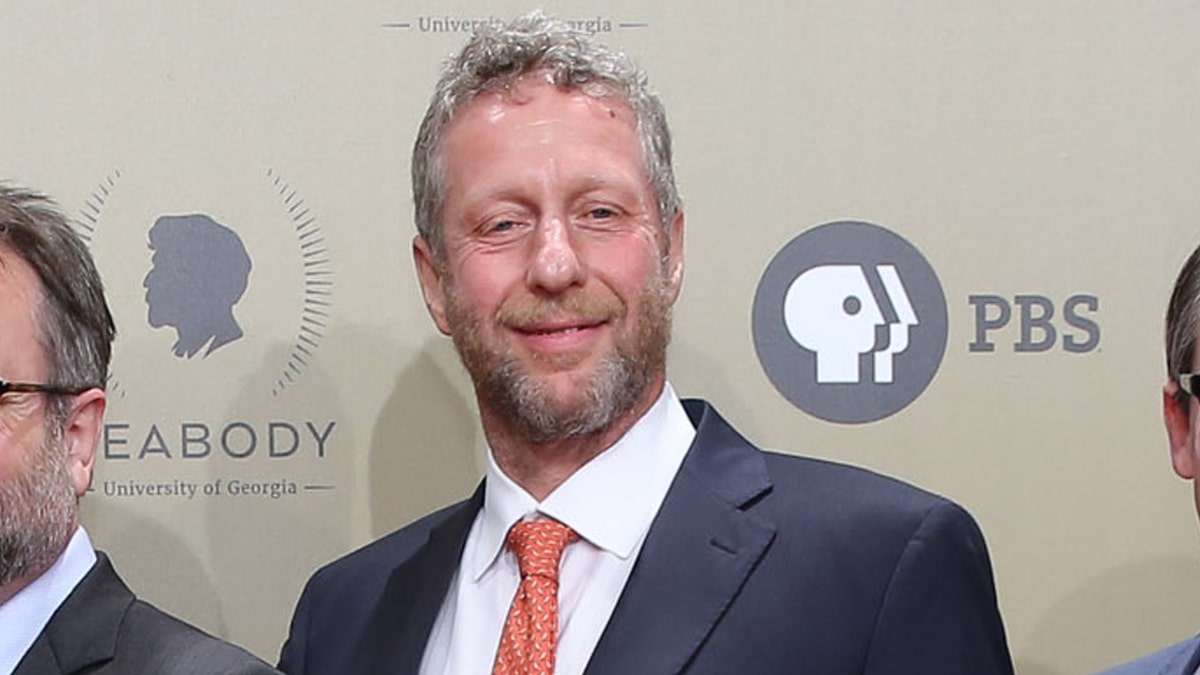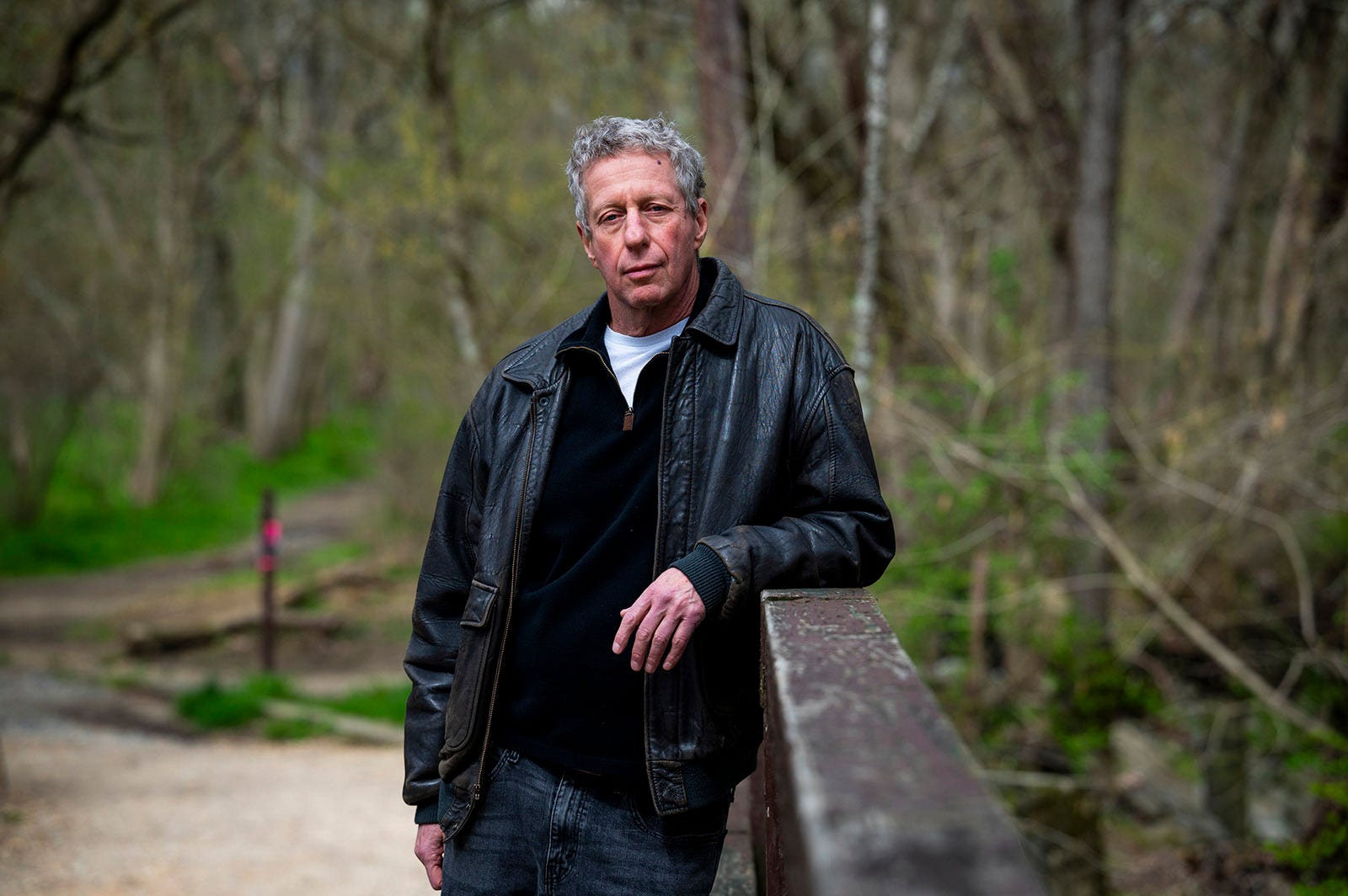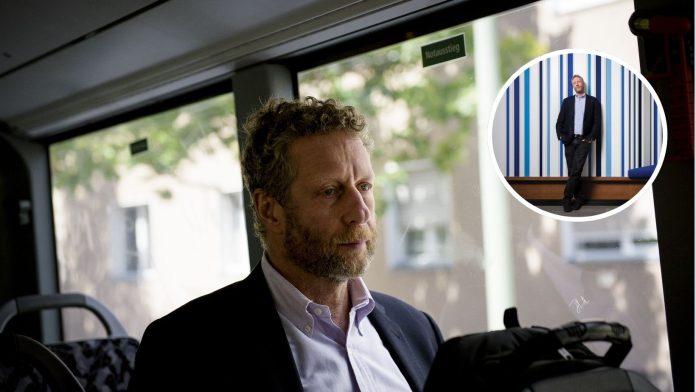- Berliner emphasizes the importance of diversity and inclusion within NPR, describing it as the “North Star” of the organization.
- Berliner critiques NPR’s handling of the COVID-19 pandemic, particularly its coverage of the lab leak theory.
- Berliner also discusses the role of politics in NPR’s reporting, particularly in the context of the COVID-19 pandemic.
Journalist Uri Berliner has recently attracted attention by asserting that NPR lacks open-mindedness and that its audience fails to reflect America. Berliner cited NPR’s treatment of the COVID-19 lab leak theory and the Hunter Biden laptop saga as examples where political considerations trumped journalistic curiosity.
In contrast, NPR’s chief news executive, Edith Chapin, rebutted Berliner’s claims in a memo to staff, expressing strong disagreement. Chapin highlighted the news team’s pride in their comprehensive coverage of a diverse array of challenging stories, emphasizing the exceptional quality of their work across various desks.

“We could face up to where we’ve gone wrong. News organizations don’t go in for that kind of reckoning. But there’s a good reason for NPR to be the first: we’re the ones with the word ‘public’ in our name.” @uriberliner's hope for a U.S. media institution. https://t.co/EclQJO838a pic.twitter.com/CvFfSoL3xx
— The Free Press (@TheFP) April 9, 2024
Journalist Uri Berliner Age: Who Is He?
Uri Berliner is a seasoned journalist and editor with a rich background in the field of journalism and public radio. He currently serves as the Senior Business Editor at NPR, where he is responsible for editing and reporting on economics, technology, and finance. Berliner’s work at NPR has been recognized with several prestigious awards, including a Peabody Award, a Loeb Award, an Edward R. Murrow Award, a Society of Professional Journalists New America Award, and has been honored by the RTDNA twice. He was also a recipient of a Nieman Fellowship at Harvard University.
Berliner’s career in journalism began with more than a decade as a print newspaper reporter in California, covering a wide range of topics from scams and gangs to military issues and the border. His feature writing and investigative reporting during this period earned him numerous awards. He started his journalism career at the East Hampton (N.Y.) Star, which laid the foundation for his later success in public radio and print media.
One of Berliner’s notable contributions to NPR was his role in building “Planet Money,” one of the most popular podcasts in the country. His work has been instrumental in providing analysis, context, and clarity to breaking news and complex issues, making him a valuable asset to the organization.

Berliner’s personal background is as fascinating as his professional achievements. He is a New Yorker, educated at Sarah Lawrence College and Columbia University. His upbringing by a lesbian peace activist mother has shaped his perspective on journalism and public affairs. Berliner has written about the challenges NPR faces in maintaining America’s trust, particularly in covering controversial stories and the Israel-Hamas conflict. He has been praised by critics for his essay on the subject, which has sparked discussions about the diversity of viewpoints in newsrooms.
In addition to his professional contributions, Berliner has a personal connection to the Holocaust through his father, Gert Berliner, who fled Nazi Germany as a child. Gert packed a stuffed toy monkey when he escaped, which was donated to a museum and later led to a remarkable discovery that reunited a family. This story is one of the many personal narratives that Berliner has shared through his work, highlighting the importance of preserving history and the impact of personal stories on public understanding.
Journalist Uri Berliner Achievement Explored
Uri Berliner achievements as a journalist and editor are extensive and have significantly contributed to the field of journalism, particularly in the realms of economics, technology, and finance. His work at NPR, where he serves as the Senior Business Editor, has been pivotal in providing analysis, context, and clarity to breaking news and complex issues. This role has allowed him to make a substantial impact on public understanding of these critical areas.
One of Berliner’s most notable contributions to NPR is his involvement in building “Planet Money,” a podcast that has become one of the most popular in the country. This endeavor showcases his ability to engage audiences with complex economic and financial topics in an accessible and engaging manner.
Berliner’s work at NPR has been recognized with several prestigious awards, including a Peabody Award, a Loeb Award, an Edward R. Murrow Award, and a Society of Professional Journalists New America Award. These accolades underscore his exceptional journalistic skills and his ability to produce high-quality content that resonates with listeners. His work has also been honored twice by the RTDNA, further cementing his reputation as a distinguished journalist.

Before joining NPR, Berliner spent more than a decade as a print newspaper reporter in California, covering a wide range of topics from scams and gangs to military issues and the border. His feature writing and investigative reporting during this period earned him numerous awards, demonstrating his versatility and talent as a journalist. His career began at the East Hampton (N.Y.) Star, which laid the groundwork for his later success in public radio and print media.
Berliner’s educational background, including degrees from Sarah Lawrence College and Columbia University, has also contributed to his success. His Nieman Fellowship at Harvard University further enhanced his journalistic skills and broadened his perspective on the media landscape.
In addition to his professional achievements, Berliner has written about the challenges NPR faces in maintaining America’s trust, particularly in covering controversial stories and the Israel-Hamas conflict. His essay on this subject has sparked discussions about the diversity of viewpoints in newsrooms, highlighting his role in fostering critical discourse within the journalism community.
Berliner’s personal narratives, such as the story of his father’s escape from Nazi Germany and the subsequent discovery of a toy monkey that reunited a family, have also added depth to his work. These stories not only provide a personal touch to his reporting but also underscore the importance of preserving history and the impact of personal stories on public understanding.



